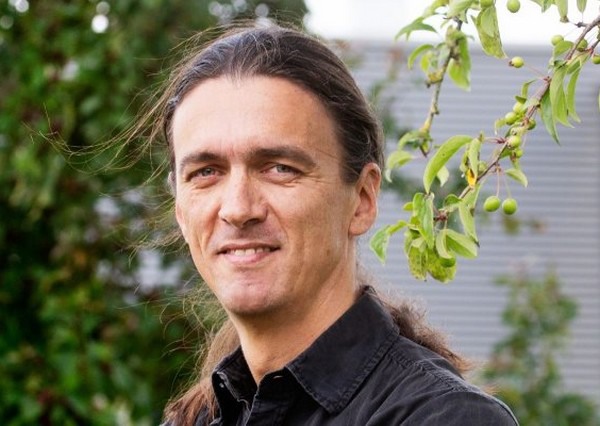The Executive Board has appointed Jochem Evers as professor and chairholder of Crop Physiology in the Plant Sciences Group at Wageningen University & Research (WUR). The appointment is effective from 1 November, and Evers will be succeeding Paul Struik.
Jochem Evers was born in 1977 and studied biology at Utrecht University (UU). He obtained a PhD from WUR for his model-based analysis of branching patterns in wheat and the ecophysiological mechanisms underlying them. Evers has been awarded funding for a variety of projects, including a WUR strategic investment grant for research into ‘digital twins’ in crops (main applicant) and a multi-million euro grant from the European Horizon 2020 program for research into mixed crops (co-applicant). He has been published in many renowned scientific journals, including New Phytologist, Trends in Plant Science, and Plant, Cell, and Environment.

Digital plants
Evers has worked in the field of Computational Crop Ecophysiology since 2011. He uses digital plants to test how plant interactions relate to crop performance and how we can influence this, for example, by modifying crop management techniques or changing the spatial pattern of crop growth.
“My aim is to contribute to the development of crops that perform better and use resources efficiently,” says Evers. He has already applied this approach to arable and horticultural crops ranging from monoculture and mixed crop systems featuring grains and legumes to tropical perennial tree crops and strictly controlled greenhouse systems.
From physiological processes to crops
As part of his Crop Physiology chair, Evers’s teaching and research both focus on translating detailed physiological processes into crop performance. This includes analyzing the function of physiological plant properties and scaling them up to crop level, taking into account environmental factors and crop management, as well as the interaction between individual plants in the crop. Using modern measuring techniques and simulation models, Evers assesses the properties of the shoot, particularly in relation to photosynthesis, as well as the properties of the root system.
“Our understanding of physiological processes in plants is constantly growing and becoming more detailed,” says Evers. “The Crop Physiology group has the knowledge and tools to translate processes into implications for crops as a whole in terms of climate conditions and stress factors such as drought.”
Mixed crop systems
Evers’s role in the Crop Physiology group will also include looking at mixed crop systems. “Mixed crops show promise as a way of moving towards more efficient use of resources for crop growth,” says Evers. “At the moment, not much of the research in this area is looking at the physiological properties of plants that tend to be specifically expressed in mixed crop systems and ensure strong performance and efficiency. I think there’s a lot of potential there, and I want to make progress in that area over the next few years.”
 For more information:
For more information:
Wageningen University & Research
www.wur.nl
